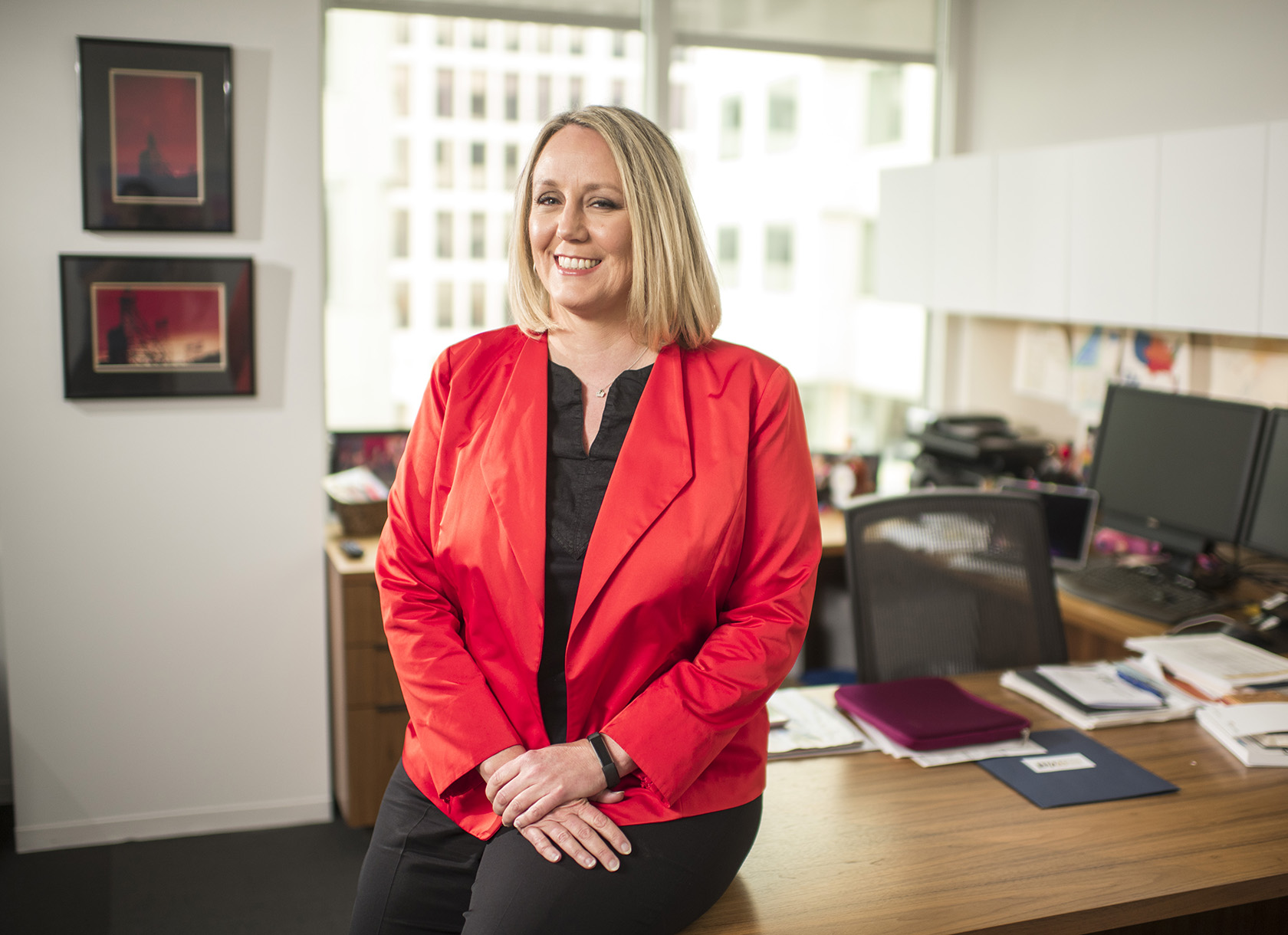
Stephanie Schriock, president of EMILY’s List, will deliver the keynote address at Scripps College’s 90th Commencement exercises on Saturday, May 16, 2020.
EMILY’s List, founded in 1985, is a Political Action Committee (PAC) that aims to recruits and help elect Democratic women candidates to office. Schriock assumed the EMILY’s List presidency in 2010, after serving as Senator Jon Tester’s chief of staff and managing the successful campaigns of two Democratic senators. Under her stewardship, EMILY’s List has supported nearly every Democratic congresswoman of color serving in federal office and has helped elect the first openly gay senator, the first Buddhist and Hindu in Congress, the first Latina to ever serve in the Senate, the first and second African American women senators, the first Asian American woman senator, the first Indian American woman to serve in the House, and the first Mexican American and Puerto Rican women serving in Congress. Schriock also serves on the board of advisors of Let America Vote, an organization that fights voter suppression.
Scripps students managed the selection process for the Commencement speaker, beginning in February 2019. The Commencement Speaker Committee, comprised of student volunteers, helped evaluate potential speakers from surveys and polls, according to Madeline Monro Warman, the senior class co-president who spearheaded the process. Scripps Associated Students President Niyati Narang helped facilitate the connection to Schriock from her EMILY’s List internship in Washington, D.C.
Warman says Schriock rose to the top of the speaker candidate list for several reasons, including EMILY’s List’s role in reproductive rights advocacy and its support of diverse female candidates. “Aside from the organization’s current political relevance and importance, the empowerment aspect was really important to us,” Warman says. “They’re not helping to elect only a certain kind of candidate. They’re casting a wide net to bring as much diversity as possible into politics, and that was really important to the committee.”

